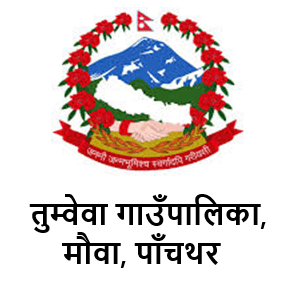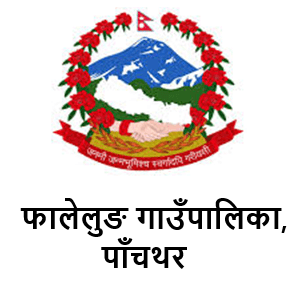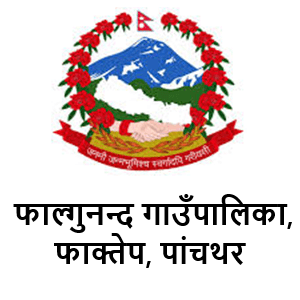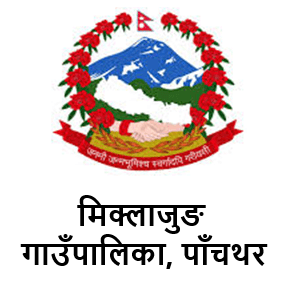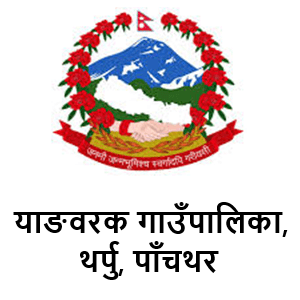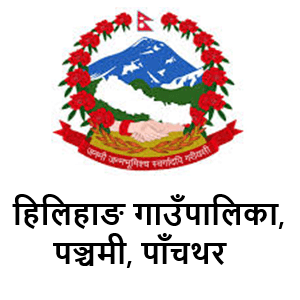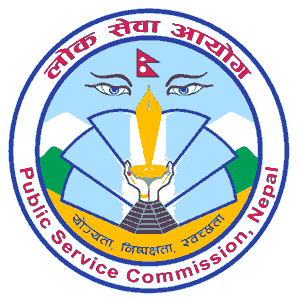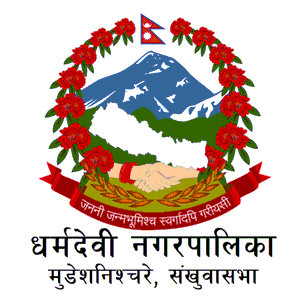Overview
Kummayak Rural Municipality is one of the seven rural municipalities and one municipality within Panchthar District of the Koshi Province, as per the federal structure outlined in the Constitution of Nepal 2072.
Origin of the Name
The name "Kummayak" is derived from a historic and religious site located in this region. In the Limbu language, Kummayak means “great fort” or “stronghold.” According to local historical accounts, during the 16th century of the Bikram era, a ruler named Papohang governed this region. At that time, another ruler named Sambahang, who ruled near the Tamor River, launched an attack on the Yasok area.
In response, Papohang’s army constructed a large fort at the present location of Kummayak and a smaller fort at Kussayak. A significant battle took place at Sawacheppa, located in the current ward number 6 of the former Ranigaun VDC, now a playground. Papohang’s forces eventually won the battle, and the place where the heads of the defeated soldiers were said to have been severed is still called "Sawa Cheppa."
Thus, the rural municipality got its name from this historical fort, highlighting the area's rich cultural and strategic significance.
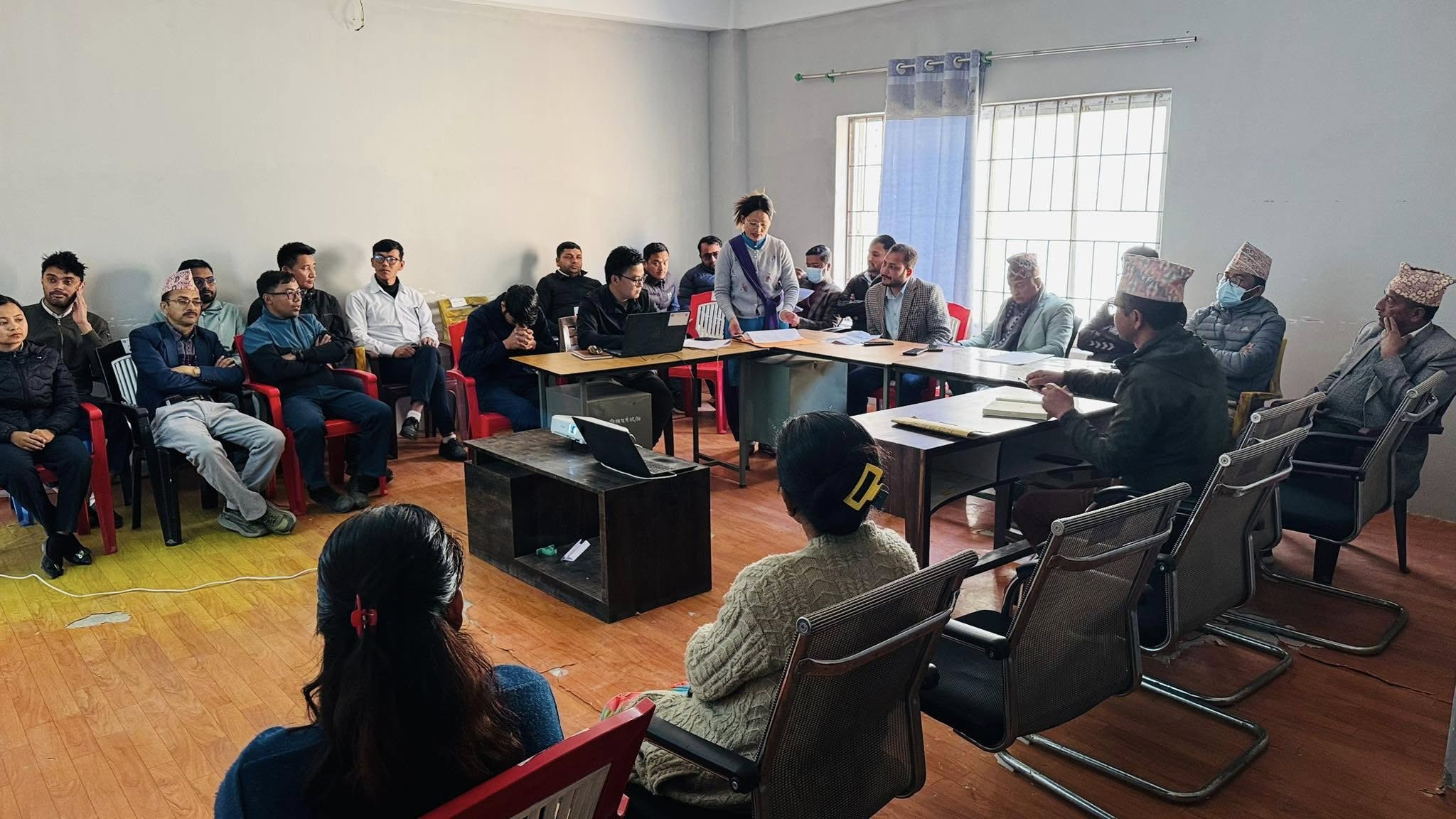
Boundaries
-
East: Nawamidanda and Aangsarang of Phalgunanda Rural Municipality
-
West: Simle village of Myanglung and Fhedap Rural Municipality in Tehrathum District
-
North: Bharpa of Phidim Municipality and Chuhan Danda Thoklung of Atharai Rural Municipality
-
South: Aangna, Mouwabari, and Olane of Tumbewa Rural Municipality and Sarangdanda of Miklajung Rural Municipality
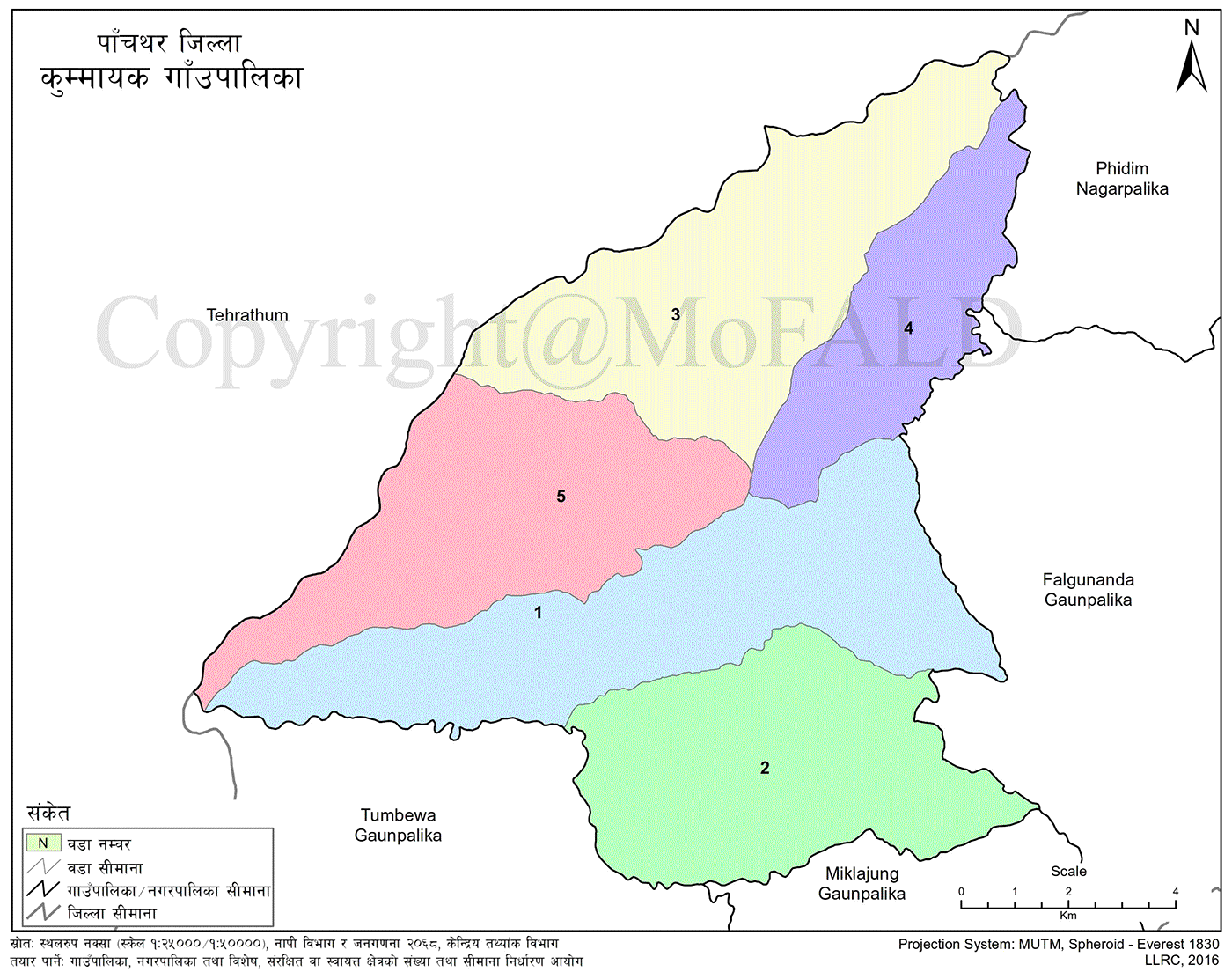
Area Coverage
-
Total Area: 129.29 square kilometers
-
Latitude: 25.05° N
-
Longitude: 87.63° E
Administrative Division
-
Province: Koshi Province
-
Zone: Mechi Zone
-
District: Panchthar
-
Headquarter: Yasok, Panchthar
-
Total Wards: 5
Major Tourist Attractions
-
Kummayak Temple
-
Kussayak Temple
-
Royal Palace of Chetanhang and Ranibhir
-
Chamere Cave
-
Cholung Manghi Thingden of Sambahamfe Uplift Association
-
Balkarna Dewal Thungsaling
-
Sumhatlung Danda Mangjabung
-
Palace of King Dhungwa and Queen Dhungwarani at Changling Mangjabung
-
Hangthakwa Cave where King Sawa was slain
-
Sepeni’s massive Shiva Linga
-
Royal burial site of King Sawa Hang and his horses at Wanthak


